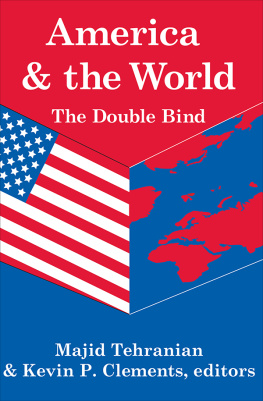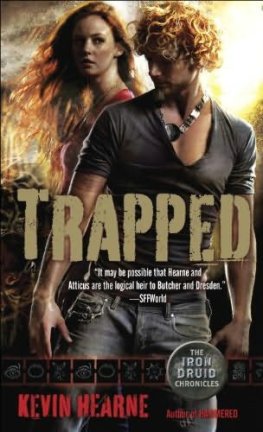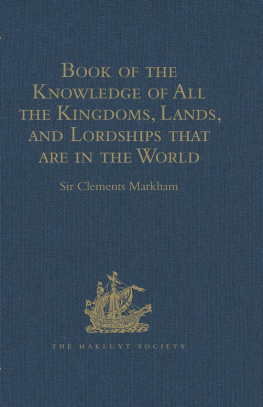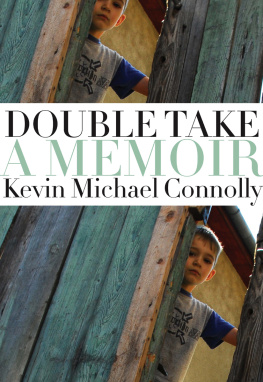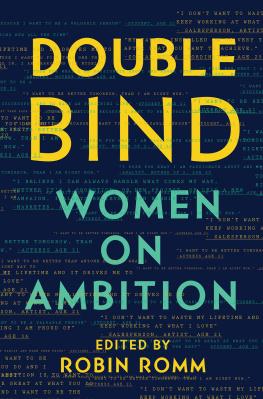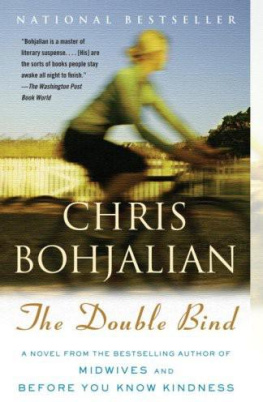First published 2005 by Transaction Publishers
Published 2017 by Routledge
2 Park Square, Milton Park, Abingdon, Oxon OX14 4RN
711 Third Avenue, New York, NY 10017, USA
Routledge is an imprint of the Taylor & Francis Group, an informa business
Copyright & 2005 by Toda Institute for Global Peace and Policy Research. Augmented version of an issue of Peace & Policy, Vol. 9, 2004, copyright & 2005 by Toda Institute for Global Peace and Policy Research.
All rights reserved. No part of this book may be reprinted or reproduced or utilised in any form or by any electronic, mechanical, or other means, now known or hereafter invented, including photocopying and recording, or in any information storage or retrieval system, without permission in writing from the publishers.
Notice:
Product or corporate names may be trademarks or registered trademarks, and are used only for identification and explanation without intent to infringe.
Library of Congress Catalog Number: 2005043712
America and the world : the double bind / Majid Tehranian and Kevin P.
Clements, editors. p. cm.
Includes bibliographical references.
ISBN 1-4128-0460-4 (pbk. : alk. paper)
1. United StatesForeign relations2001Congresses. 2. War on Terrorism, 2001Congresses. 3. International relationsCongresses. I. Tehranian, Majid. II. Clements, Kevin P.
E895.A43 2005
327.73'009'0511dc22
2005043712
ISBN-13: 978-1-4128-0460-8 (pbk)
In Greek mythology, gods often punished mortals by giving them exactly what they had wished for. Mortals for long have wished for godly powers. With modern technology, their fantasies have been at least partially fulfilled. The human species have now acquired the ability to destroy the entire planet Earth with weapons of mass destruction. But Homo sapiens have not yet acquired the commensurate wisdom to restrain their own aggressive impulses. Since September 11, 2001, state and opposition terrorisms have occupied the worlds center stage and the United States War on Terror has played a defining role in world politics. In global affairs, the rule of violence seems to have largely replaced the rule of law.
Kevin P. Clements, a distinguished peace scholar, who has served as the secretary-general of the International Peace Research Association as well as director of peace studies centers in New Zealand, the United States, Britain, and Australia, has graciously joined me as co-editor of this volume. America and the World is an augmented version of Peace & Policy, volume 9, which is published by the Toda Institute for Global Peace and Policy Research.
Since its formation in 1776, the United States seems to have shown a Janus face to the rest of the world. As the worlds first democracy with a written constitution and Bill of Rights, the United States has stood for the global aspirations toward democratic liberty, equality, and solidarity. However, in its role as a continental state turning into an empire by the late 19th century, the United States also has threatened the liberties of other peoples, including Native Americans, Hawaiians, Latin Americans, Asians, and Africans.
The American role in world affairs has thus become polarized around two conflicting strategies. In the name of counterterrorism, the Bush administration has pursued a largely unilateralist policy of enforcing its will in the Middle East and elsewhere. In 2002-3, the United States invaded and occupied Afghanistan and Iraq. In the name of protecting its national sovereignty, the United States also has refused to join most of the recent multilateral treaties to contain violence by fortifying the rule of international law. Such treaties include the International Treaty to Ban Landmines, the International Criminal Court, the Vienna Convention on the Law of Treaties, the Convention on the Elimination of All Forms of Discrimination against Women, the Convention on the Laws of the Sea, the International Covenant on Economic, Social and Cultural Rights, the Kyoto Protocol on Global Warming, and the Convention on the Rights of the Child.
The Bush administration has thus sacrificed US leadership in multilateralism on the altar of unilateralist policies. Its unilateralist strategy, however, goes largely against the US postwar multilateralism, which established the UN and its specialized agencies. The old jingoist slogan, my country right or wrong, seems to have taken possession of the current US leaders.
A wiser and more progressive US foreign policy would have continued to build on the foundations of international law and cooperation. Following 9/11, the world demonstrated profound sympathy with the United States and its victims of wanton terrorism. The US government could have tapped into that sympathy to strengthen the peacekeeping role of the United Nations. Counterterrorism probably would have had a better chance of success if it had won the hearts and minds of people everywhere. With its unilateralist policies, however, the Bush administration has managed to alienate both friends and foes.
This issue contains a diversity of multicultural viewpoints on the US role. The introduction by Kevin Clements provides a useful background coupled with some pithy comments.
In Part I, the authors focus on the Janus face of America in world affairs and the double bind that it has imposed on American foreign relations. Tom Coffman goes back a century or so to argue that the imperialist impulse is not new in American foreign policy. Audrey Kitagawa contextualizes American foreign policy by relating it to the need for the rule of international law. Jeffrey F. Addicott defends the Bush administrations policies, while Stephen Zunes provides a critique. Kathy Ferguson and Phyllis Turnbull identify a new element in empire building that they aptly call portable sovereignty. Richard Arndt discusses the path for US re-entry to UNESCO, and Bilveer Singh and Ibrahim G. Aoud focus on two critical world regionsSoutheast and Southwest Asia.
Part II provides a diversity of views on alternative policies for America and the world. In a pithy essay, Richard Falk identifies a Gandhian moment in world and American history. Mary Ann Wright, Beverly Keever, and Linda Groff provide critical perspectives on how to repair the damages of American unilateralism. George Kent broadens the discourse to the obligations of intergovernmental organizations to focus on human rights and their fulfillment. Majid Tehranian provides a case study of how to repair the troubled relations between Iran and America. Finally, Muhamad Ali and Terrence Paupp argue against the prevailing secular bias against religion and spirituality. Muhamad Ali argues for moderate Islam and the creative role that religious faith can play in conflict management. Terrence Paupp revisits the American Janus face and calls for a revival of its spiritual politics.


